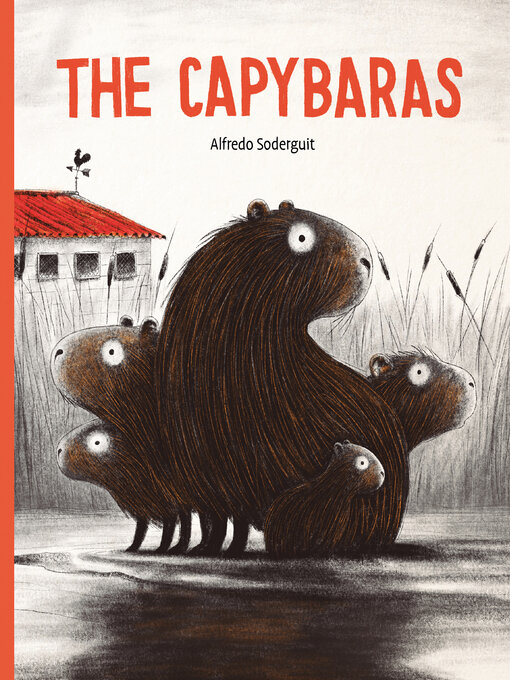Named a Best Book of the Year by Kirkus and the New York Public Library
"Purely exquisite."—Kirkus (Starred)
For kids ages 4-8, a charming and hilarious tale about capybaras: the beloved animal sensation capturing children's hearts!
Hens and their chicks love their warm, snug home. Life is simple and comfortable in the chicken coop, where everyone knows their place and worries are far away.
Until one day, when the capybaras appear.
To the hens, the capybaras are too big, too wet, and too hairy. They don't even follow the rules! But it's hunting season, and the capybaras need somewhere safe to hide. Can the hens learn to get along with their unexpected guests?
This delightful story shares the importance of opening our hearts to each other, no matter our differences, and the marvelous surprises that can happen along the way.
An Aldana Libros Book, Greystone Kids



